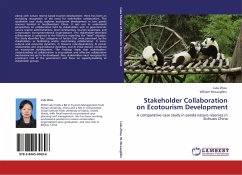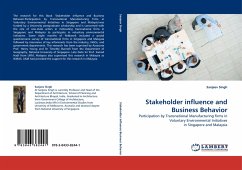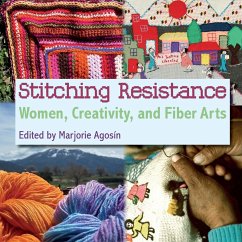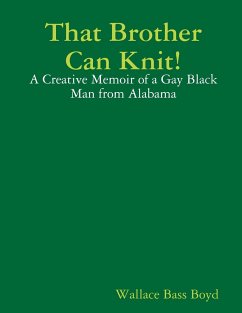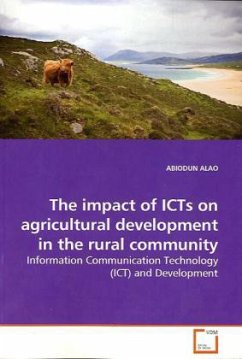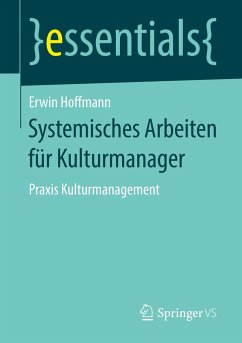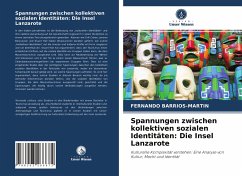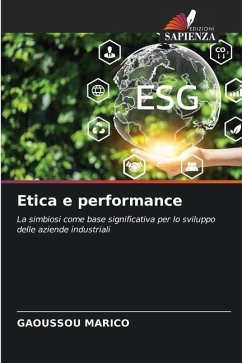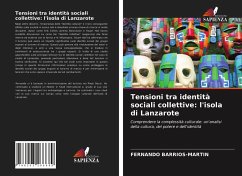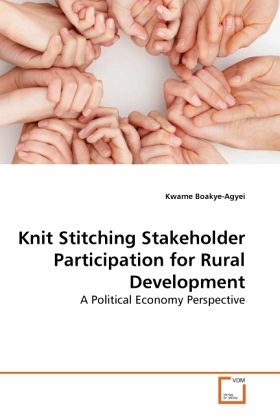
Knit Stitching Stakeholder Participation for Rural Development
A Political Economy Perspective
Versandkostenfrei!
Versandfertig in 6-10 Tagen
45,99 €
inkl. MwSt.

PAYBACK Punkte
23 °P sammeln!
For more than two decades, development practitioners have expressed a growing concern over the lack of understanding for rural participatory development. While participation, as a concept, is clouded with interpretations situated within the political economy of rural development, it as well suggest that for effectiveness, it needs to be socially constructed. Unfortunately, field research substantiating that assertion has been minimal and most often discussed without the voices of those whom development seeks to benefit. In this book, Dr. Boakye-Agyei takes this discussion to the rural communit...
For more than two decades, development practitioners have expressed a growing concern over the lack of understanding for rural participatory development. While participation, as a concept, is clouded with interpretations situated within the political economy of rural development, it as well suggest that for effectiveness, it needs to be socially constructed. Unfortunately, field research substantiating that assertion has been minimal and most often discussed without the voices of those whom development seeks to benefit. In this book, Dr. Boakye-Agyei takes this discussion to the rural communities and forcefully present an argument that substantiates the position that stakeholder participation in rural interventions is socially constructed, based on historical antecedents, and communities contextual characteristics. In the end, he suggests the rethinking of participatory approaches to widely study in-situ project beneficiaries intricate social environments before project commencement. A must read book for all rural development practitioners and partners who count the voices of local project beneficiaries as critical entry points for meaningful development.



